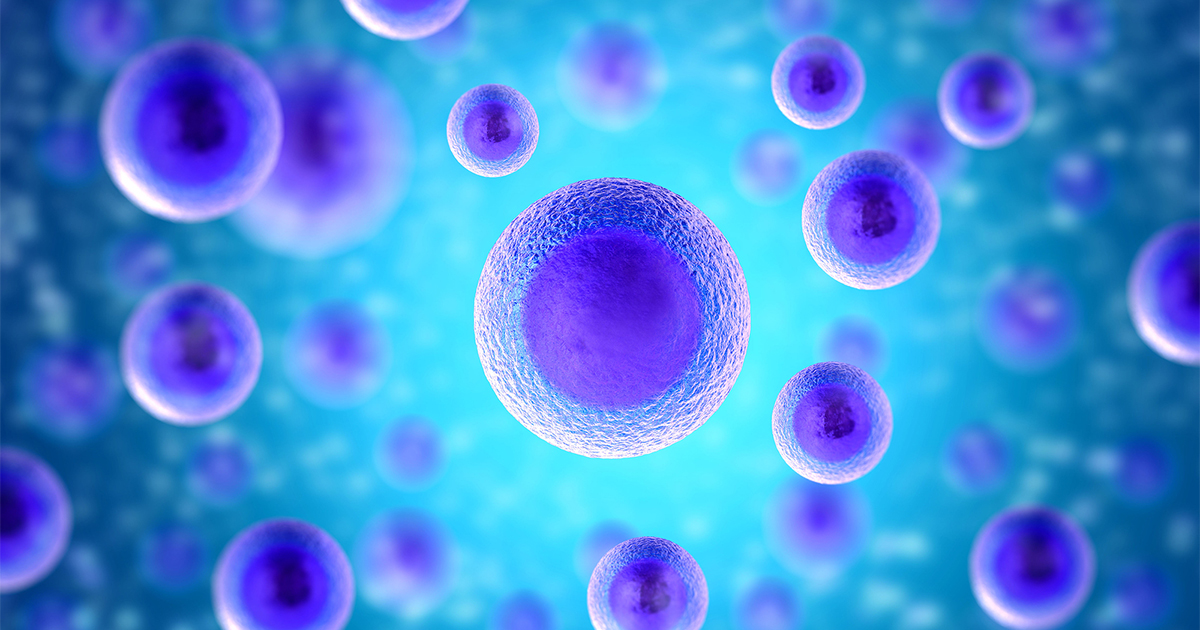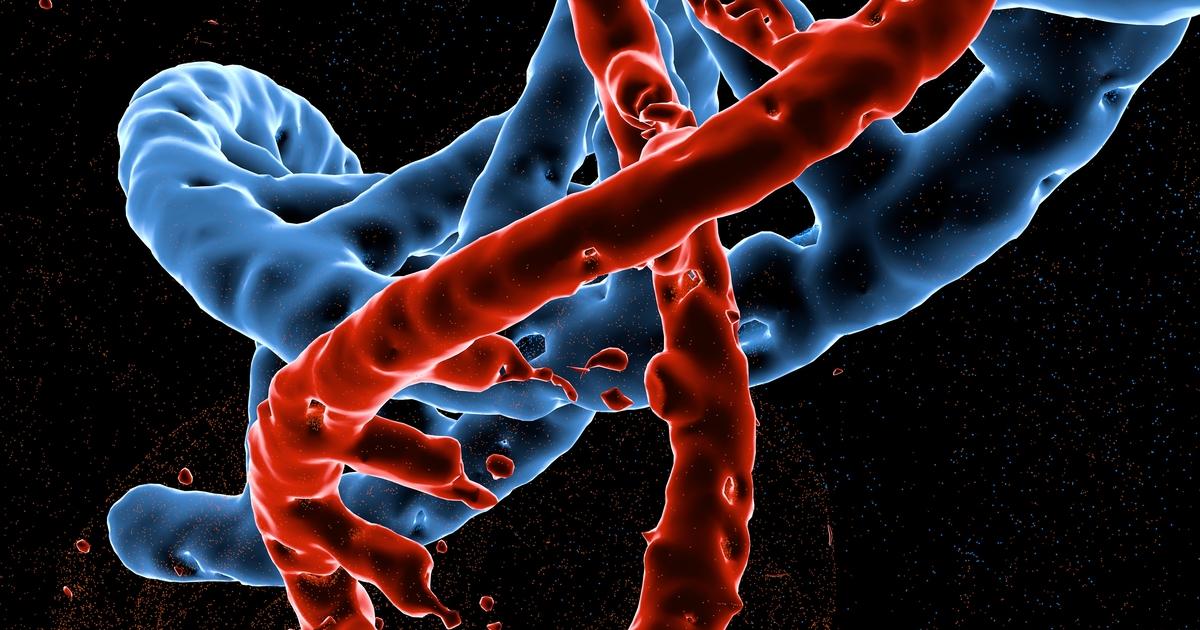Guide To The Causes And Risk Factors For Ovarian Cancer
Ovarian cancer occurs when a woman develops a cancerous growth in one of the reproductive organs called the ovaries, which are responsible for the production of eggs, estrogen, and progesterone in women. Ovarian cancer does not produce symptoms in most cases until it has metastasized to the abdomen and pelvis. Symptoms of ovarian cancer include feeling full quickly, unintentional weight loss, frequent urination, changes in bowel habits, abdominal bloating, discomfort in the pelvic area, and abdominal swelling. An individual is diagnosed with ovarian cancer with the use of CT scans, pelvic ultrasound, abdominal ultrasound, pelvic examination, surgical ovarian biopsy, and blood tests. Treatment for ovarian cancer may include ovary removal surgery for one or both ovaries, surgery to remove the uterus and both ovaries, chemotherapy, targeted therapy, and palliative care.
Ovarian cancer has several causes and risk factors. Reveal the details on this now.
Cell Mutations

The primary cause of ovarian cancer is when a cell experiences mutations in its DNA. The type of mutations that have to occur for carcinogenesis is alterations in the parts of the cellular DNA that dictate how a cell grows and divides. The DNA in the cell is a code that tells the cell how to make certain proteins and how to perform certain actions. A mutation in the cellular DNA of one of an individual's ovarian cells can cause it to grow and divide abnormally. Malignant cells grow and divide at an abnormally rapid pace, causing more cells to be created, which also grow and divide too fast and produce more cancer cells. The cycle continues until a lump or mass of malignant cells forms in the ovary. The cell mutations that cause ovarian cancer are not inherited from an individual's parents but occur spontaneously instead. Certain gene changes in inherited DNA can make women have a higher risk of developing ovarian cancer than an individual who is not affected by these changes.
Continue reading to learn more about the causes and risk factors for ovarian cancer now.
Gene Mutations

A woman who has certain inherited or acquired gene mutations may be at an increased risk of developing ovarian cancer than one who does not. These gene mutations can cause an individual to have less of certain proteins encoded by tumor suppressor genes in their body or impaired immune system function. The gene mutations associated with the proteins produced by tumor suppressor genes cause the body to be unable to produce a functional version of these proteins. Proteins encoded in tumor suppressor genes help to clear the body of cells with abnormal DNA before they have the chance to turn into malignant cells. The function of these proteins is critical to an individual's defense against all forms of cancer in the body. Women who have gene mutations in their DNA that cause these proteins to be made incorrectly are at a higher risk of developing ovarian cancer because their defense mechanism is disabled. The immune system also plays a substantial role in the elimination of suspicious and abnormal cells from the body, so a gene mutation that decreases its function puts a woman at a higher risk of developing ovarian cancer.
Discover additional risk factors and causes of ovarian cancer now.
